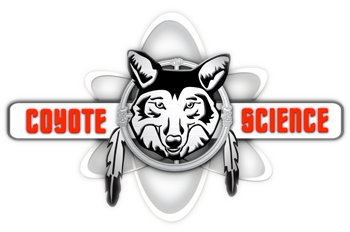Ethnobotanist Cease Wyss shares plant knowledge; Kai shows makes punk rock cabbage!
EDUARDO: (Language) My name is Eduardo Jovel. I grew up actually in El Salvador. I’m an Indigenous person from a, a small town called (Name) which it means the hill of the wild turkeys so I’m, I’m a descendents of (language) and I’ve been a host in the land of Musqueam people for the last 25 years so I’m grateful to be here in this uh beautiful land. The farm actually on UBC, the whole campus is, is uh host in, in uh the traditional territory of the Musqueam people. It’s been about 50 years that this garden has been uh in this location here. A place where people, especially the urban Aboriginal community can come and enjoy and reconnect to the land or grow foods and medicines.
EDUARDO: This plant here is Jaro. Jaro it uh, it’s a good medicine. It’s um sometimes you get a cut, you can use, mushit up a little bit, rub it, put it on your cut. Good, good antiseptic you know good for healing wounds, small scratches, good for the skin. There are 4,000 varieties of potatoes. Potatoes come from Peru actually, that’s the centre of biodiversity and there are 4,000 different varieties. They come in all kinds of colours, red ones, purple, yellow ones, and sizes too.
